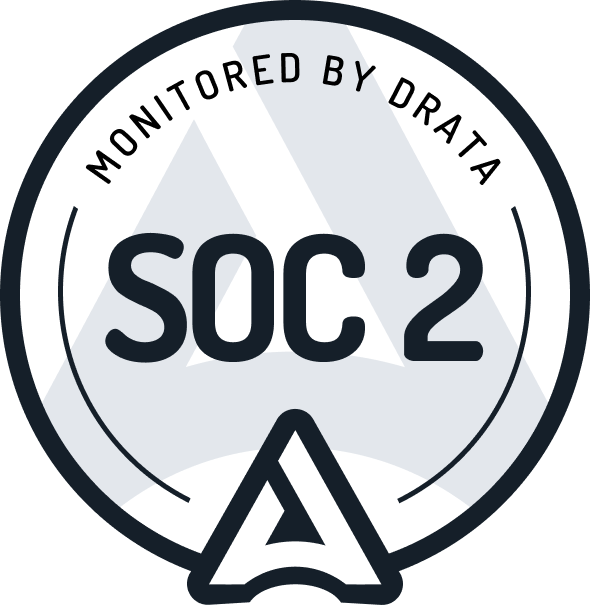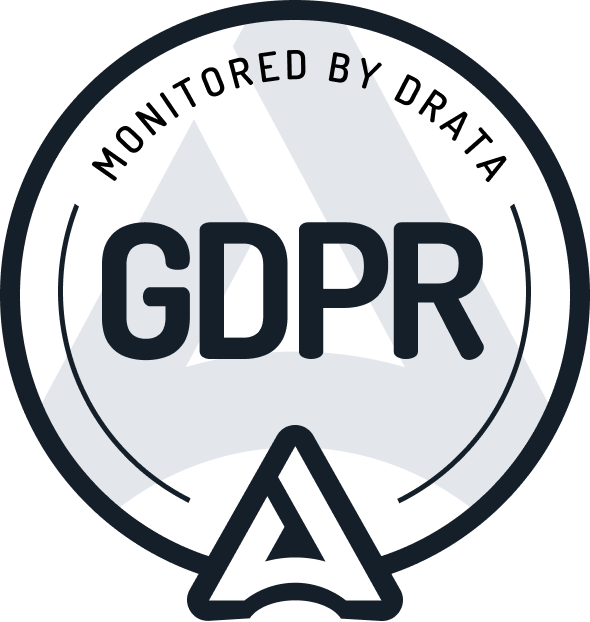.png)
What are Developer Relations? with Tanay Pant (ex Okta, n8n, Crate)
Get notified when customers mention you online - with Crowdlens
In the fast-paced world of software development, building strong relationships with developers is crucial for the success of products and platforms. Developer Relations (DevRel) is a field that focuses on fostering these relationships and empowering developers to be successful. In this episode of Developer-led, we will explore key insights from Tanay Pant, as he shares his journey into DevRel and provides valuable perspectives on the field.
Tanay Pant is a 4 times author, software developer, and open-source advocate. He is best known for his work on "Building a Virtual Assistant for Raspberry Pi" and "Learning Firefox OS Application Development". He has been acknowledged for his contributions to the different open-source projects of the Mozilla Foundation. Based in Berlin, Tanay has been working in several Developer Relation roles over the last years for companies including Okta, n8n, and Crate.
Listen to this Podcast 🎧
You can listen to this episode of Developer-led on all regular podcast platforms.
Finding Inspiration in Open Source Communities
Tanay Pant's journey into DevRel was not a premeditated plan but rather a natural progression of his involvement in open source communities, particularly the Mozilla Foundation. He engaged in activities such as working with Firefox student ambassadors, organizing events, and writing books. Through these experiences, he discovered the overlap between his work and the activities of DevRel professionals. This realization sparked his interest in exploring the field further.
Defining Developer Relations
Developer Relations can be defined by four key components: evangelism, experience, advocacy, and community. Evangelism focuses on making developers aware of products and solutions that can address their specific needs. Experience ensures that developers who discover these products have a seamless and successful journey. Advocacy empowers community members to advocate for and promote the products they love. Lastly, community building involves creating an engaged and supportive developer community. Not all companies prioritize every aspect of DevRel, as their focus depends on their specific business goals and stage of development.
Balancing Business Objectives and Developer Interests
A critical aspect of DevRel is striking a balance between the business objectives of the company and the interests of developers within the community. Tanay Pant emphasizes the importance of transparency and clear communication to avoid misalignments. If significant differences arise between company objectives and community interests, it is crucial to reflect on the strategies and promises made to the community. Transparency helps ensure that the community remains engaged and that decision-making involves their input.
Measuring the Value of Developer Relations
Before hiring a DevRel team, it is essential to clearly define the value it will bring to the company. Tanay Pant suggests that metrics should be established upfront, aligning with high-level company objectives. These metrics should guide the team's activities and provide measurable outcomes. Strategies employed in early-stage startups may differ from those in larger companies, considering the different personas and communities involved.
Building and Maintaining Developer Relationships
Empathy is key to building and maintaining relationships with developers in a community. Understanding their challenges, pain points, and aspirations is crucial. Engaging with developers through various channels, such as product onboarding sessions, support forums, and participating in broader discussions, helps foster meaningful connections. Tanay Pant mentions using tools like Equalize to monitor conversations and engage with relevant content.
Controversial View: DevRel Might Not Be Necessary for All Companies
Tanay Pant shares a controversial view that not all companies, especially early-stage startups, may require a dedicated DevRel function. Instead, they might benefit from specific expertise such as growth hacking or marketing. For such cases, consulting with DevRel professionals can provide the required guidance and support without establishing a full-fledged DevRel team.
The Future of Developer Relations
As DevRel continues to grow, Tanay Pant envisions the emergence of more consultancies specializing in the field. These consultancies can assist companies in building and nurturing developer communities. Additionally, he predicts that the DevRel industry will further cultivate a culture of career growth and development within the field.
Get insights to your inbox.
Once per month. No spam.


.png)





